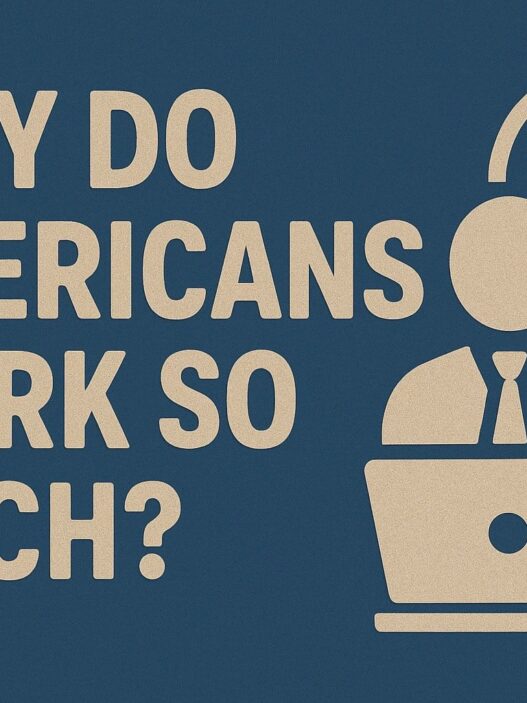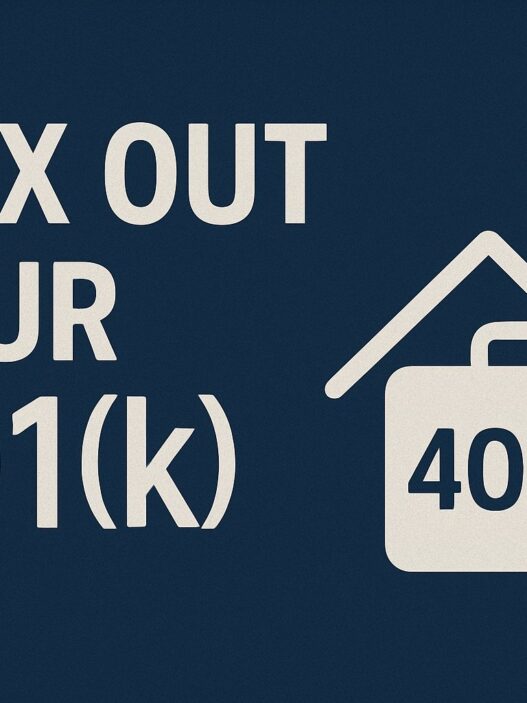You've filled out the forms, submitted the documents, and waited patiently—only to get that dreaded message: Your merchant account application has been declined. Few things frustrate business owners more than trying to get a payment processor to say “yes.” Whether you're a new entrepreneur or a seasoned pro, merchant account approval can sometimes feel like an exclusive club with a very picky bouncer. But don't panic—there's usually a good reason behind that rejection (or five of them, to be exact).
1. Your Business Is Considered “High Risk”
In the world of payment processing, not all industries are created equal. Some, like travel, adult entertainment, supplements, or even online coaching, are labeled “high risk.” That doesn't mean you've done anything wrong—it just means your business carries a greater chance of chargebacks, fraud, or regulatory headaches. Processors are cautious because if something goes wrong, they're on the hook too. The good news? There are merchant account providers who specialize in high-risk industries. It can be beneficial to look for a provider who offers specific types of merchant accounts, like a nutraceutical merchant account.
2. Your Credit History Is Raising Eyebrows
Here's the tough part: your personal or business credit history can impact your approval. Processors want to know they're dealing with someone financially stable, and a history of late payments or charge-offs might make them nervous. If your credit report isn't sparkling, consider it a nudge—not a dealbreaker. Paying down debt, correcting errors, or showing consistent business income can go a long way in rebuilding trust. And remember, even if your credit's seen better days, some providers are more flexible than others—you just have to find the right fit.
3. Your Paperwork Looks Like a Mystery Novel
If your application packet is missing information or reads like a cliffhanger, don't be surprised if it gets sent back. Processors want to see the full picture: business licenses, bank statements, financial history, and sometimes even marketing materials. Missing or inconsistent information slows down approval faster than a frozen checkout page. Before you reapply, take a little extra time to double-check that everything is complete, accurate, and easy to read. Think of it like a first date—you want to make a good impression, not leave them guessing.
4. Your Business Model Is Too New (or Too Vague)
Merchant account providers love stability. If your business just launched last week or you're still figuring out exactly what you sell, that uncertainty can raise red flags. They want to see consistent sales, a clear business plan, and a legitimate online or physical presence. Even if you're new, you can boost your credibility by having a professional website, transparent policies, and a clear product or service lineup. In short, show them you're serious about sticking around.
5. You Applied to the Wrong Type of Provider
Not every processor fits every business. Some specialize in e-commerce, others in brick-and-mortar, and some handle both but have strict rules about transaction volume or average ticket size. If you're applying to a provider that doesn't cater to your business type, rejection is practically guaranteed. A little research goes a long way—find a processor that works with your industry, not against it.
Getting turned down for a merchant account can feel discouraging, but it's rarely permanent. Once you understand why you were declined, you can fix the issue and reapply with confidence. The key is preparation—clean up your credit, organize your paperwork, clarify your business model, and find the right partner. Because when the next “Approved” email hits your inbox, it'll be worth the wait.
The post This is How You Avoid Common Credit Mistakes appeared first on MoneyMiniBlog.


















